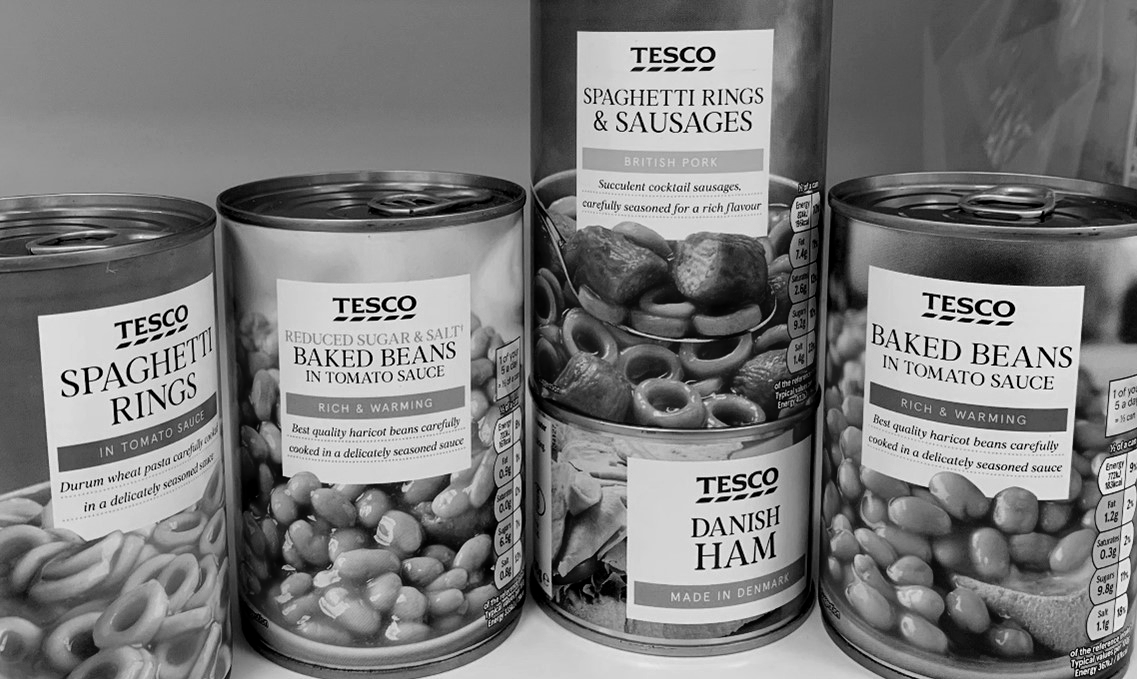10 valuable tips I learnt from living through a crisis
For many of us, we’ve never experienced a cost of living crisis quite like this before. However, if you were working during the seventies, the current financial climate seems uncomfortably familiar. Dr Mark Pegg was one of those people and he shares with us some valuable lessons that he learnt during that time.
Everyone is feeling the pinch - rich, poor and the ‘just about managings’ – we’re in deep shock at price rises in everything, our income is buying less and less, inflation is rising at the fastest rate for 40 years.
A survey by Savanta for the BBC in June 2022 confirms we are turning lights off, switching off standby, using appliances less, shopping less, eating out and ordering takeaways less, looking for better value in shops and using transport more sparingly. Retail sales are down. Over £100 to fill up the car. Going on holiday is a nightmare. This is a crisis, and it’s hurting. Many are asking what can they do to get through this grim experience?
One challenge is most of today’s working population have never experienced this level of inflation before. It was way back in the 1970s when double digit inflation raged for a decade. There was real hardship, lives were changed forever. I was at University during this great inflation and remember the impact on people like me with limited fixed incomes where super-tight budgeting was essential.
Fortunately, there was valuable learning from that crisis which we can still use today. I once worked for a charismatic, streetwise leader with years of practical experience in hard times. It was all in his head, never written down, but he generously passed on his secrets to me. I’d like to share my own 10-point version of his playbook which I hope will inspire you today:
- Mobilise everyone – in a market where many have less, make sure they spend what they do have with you – refresh your sales and marketing mindset, involve everyone, treat every member of staff as a sales representative.
- Get more connected – it’s vital to stay in your members’ minds when their attention is elsewhere. Lockdown has prepared us well to find innovative ways to make fees and subscriptions work even harder. A modern update is to be ‘proactive AND selective’, avoid bombarding them with too many online communications – ‘less is more’ or you will only turn them off.
- Meet more often as a team , share more, generate urgency and motivate each other. Keep it short and action focussed, you should be out there not in internal meetings. My boss met us routinely for 20 minutes to start and end the week but as times got harder, he upped the pace and introduced ‘morning prayers’, 10-minute daily action meetings. Today’s online tools make this so much easier.
- Love your existing members more – it’s a traditional wisdom, when new members are harder to find, make sure you retain the ones you already have: identify those who are relatively unaffected, and some lucky ones still thriving with more to spend.
- Offer even more value for money - cash is king, margins are squeezed, but revenue still comes in if you offer services with added refinements for the same price. Supermarket behaviour is often an inspiration. They know we can’t stop shopping, but recognising money is tighter they double down on core strengths – offers, deals, promotions, loss leaders - and complement this with economy brands.
- Go for productivity improvements - using this crisis to re-engineer processes: to be faster, cheaper, better: just don’t let standards slip, always deliver impressively for your members. There is real synergy here with going green, ‘save the planet’ through efficiency gains, cutting back on energy use, reducing your carbon footprint.
- Keep them warm - if they have nothing to spend, still stay in touch. It is often a delicate matter; they may be cautious and circumspect, not openly seeking help. Keep conversations running - share hardship experiences, encourage them to stay positive and plan for the future. They will remember your kindness when things improve.
- A little empathy goes a long way – in hard times people tend to internalise pain, get isolated and feel alone. Mental health and wellbeing challenges after COVID-19 haven’t gone away – even if it is just a boost to their morale, the human touch, a metaphorical arm around the shoulder. Go and see them - there is a premium on human contact, something we couldn’t do during COVID-19. Much of this will cost little or nothing. No expensive designer coffee required!
- Upskill – when activity levels are down it’s the perfect opportunity for more training and development. There are skill and labour shortages everywhere, so it’s a great time to refresh your knowledge, widen your experience and optimise your team’s contribution;
- Community spirit - if life is hard for us, it’s invariably harder for others and, as we have seen so often in the pandemic, it will pay dividends in the future if we think and act altruistically now: to build volunteering, community service and giving into all we do.
We will come out of this. Most learning done the hard way in troubled times is incredibly valuable to help you grow when the good times return.

Author: Dr Mark Pegg, Director, Chalfont Associates